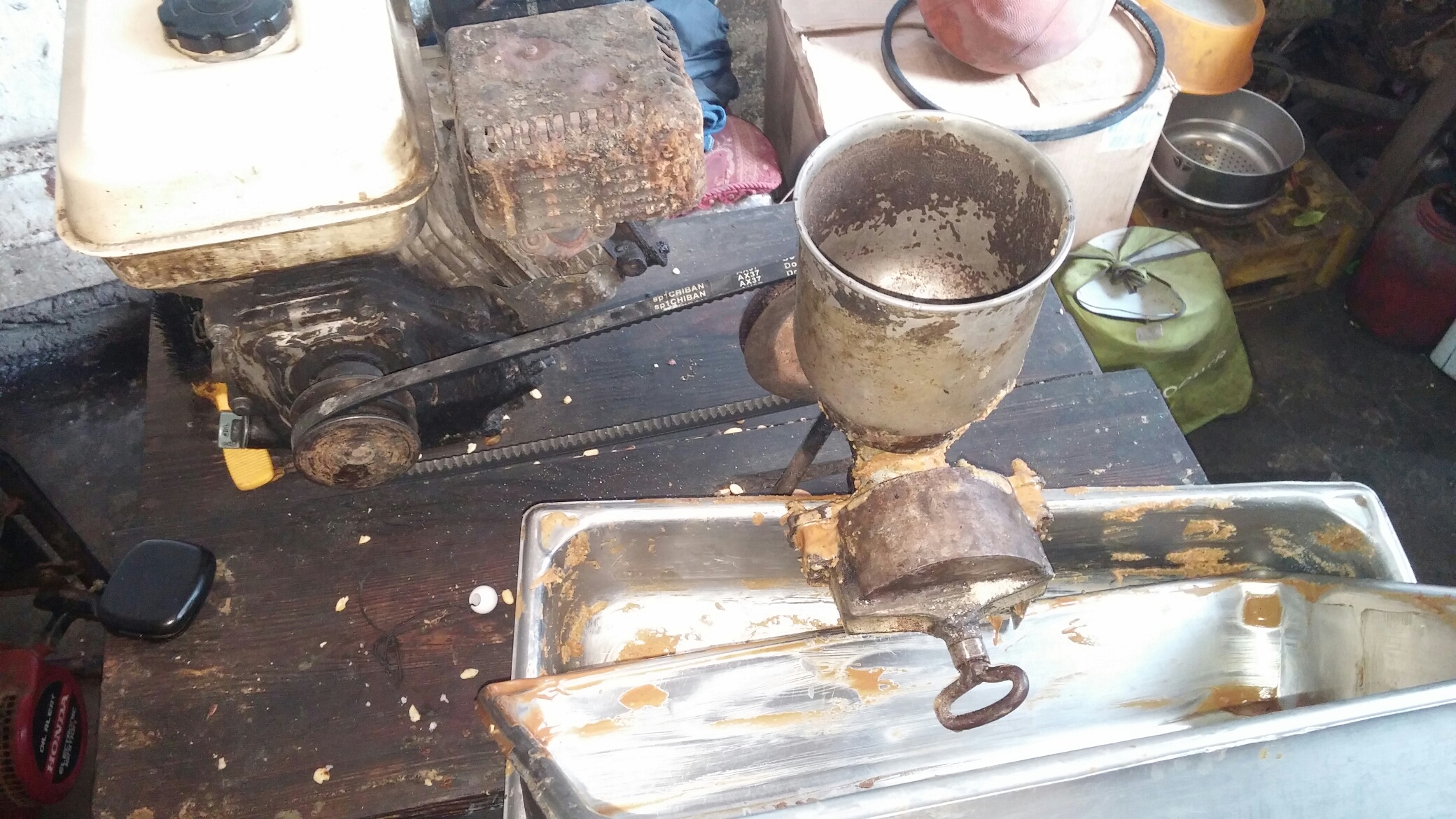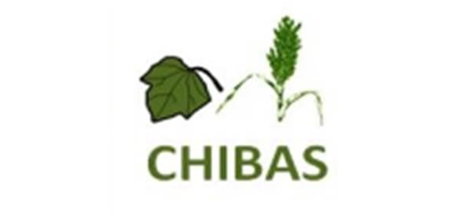Aflatoxins in our food... undetectable and undesirable
Aflatoxins are secondary metabolites that contaminate food in various parts of the world. They are produced by the fungi Aspergillus flavus and Aspergillus parasiticus, which grow in cereals and other grains including peanuts, during crop production, harvesting and storage. In Haiti, contamination of peanuts and aflatoxin-derived products is common and occurs mainly during the post-harvest period, mainly during storage and processing. The overall objective of the project, "Improving Aflatoxin Control in Haiti" (AFLAH project), is to identify the factors that influence the adoption of methods to control aflatoxins by farmers and other actors in the peanut industry in Haiti.
The AFLAH project is being implemented by Laval University and its partners from Haiti and the US. It receives financial support from the Government of Canada through the International Development Research Centre.







